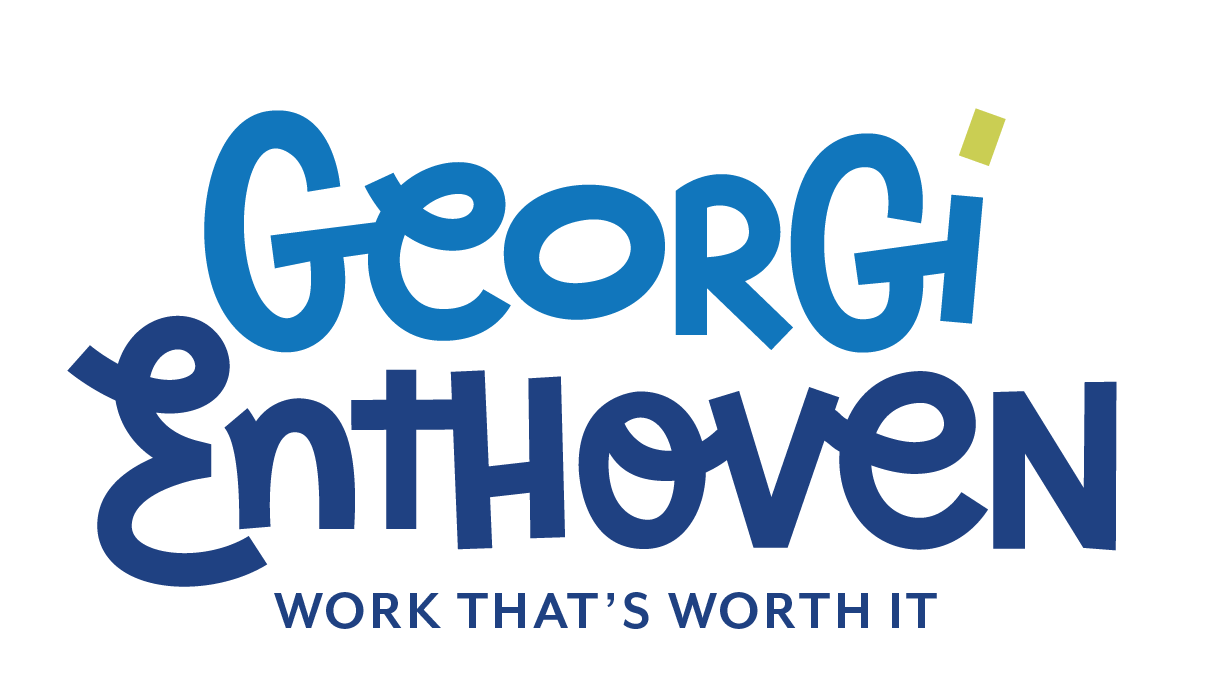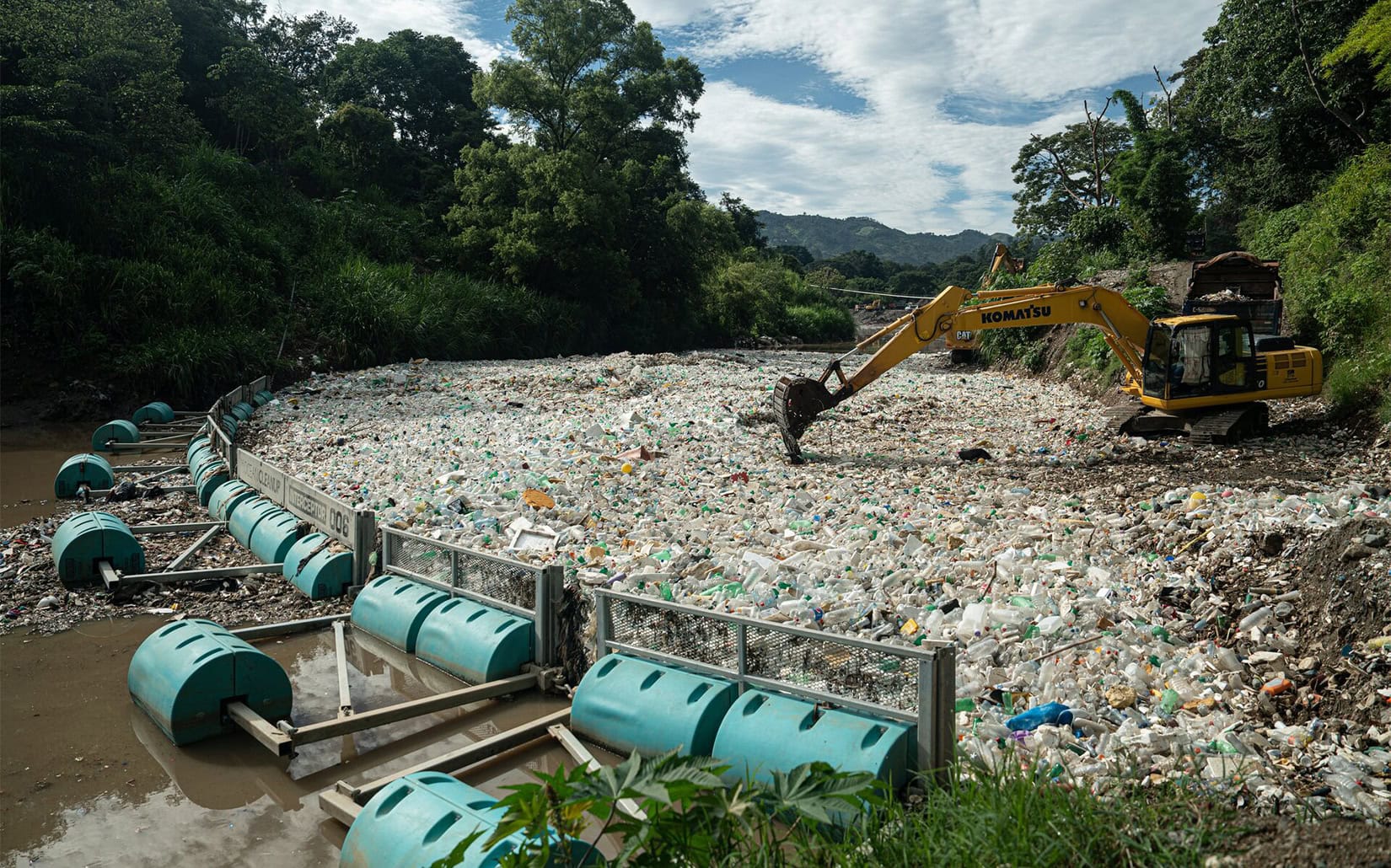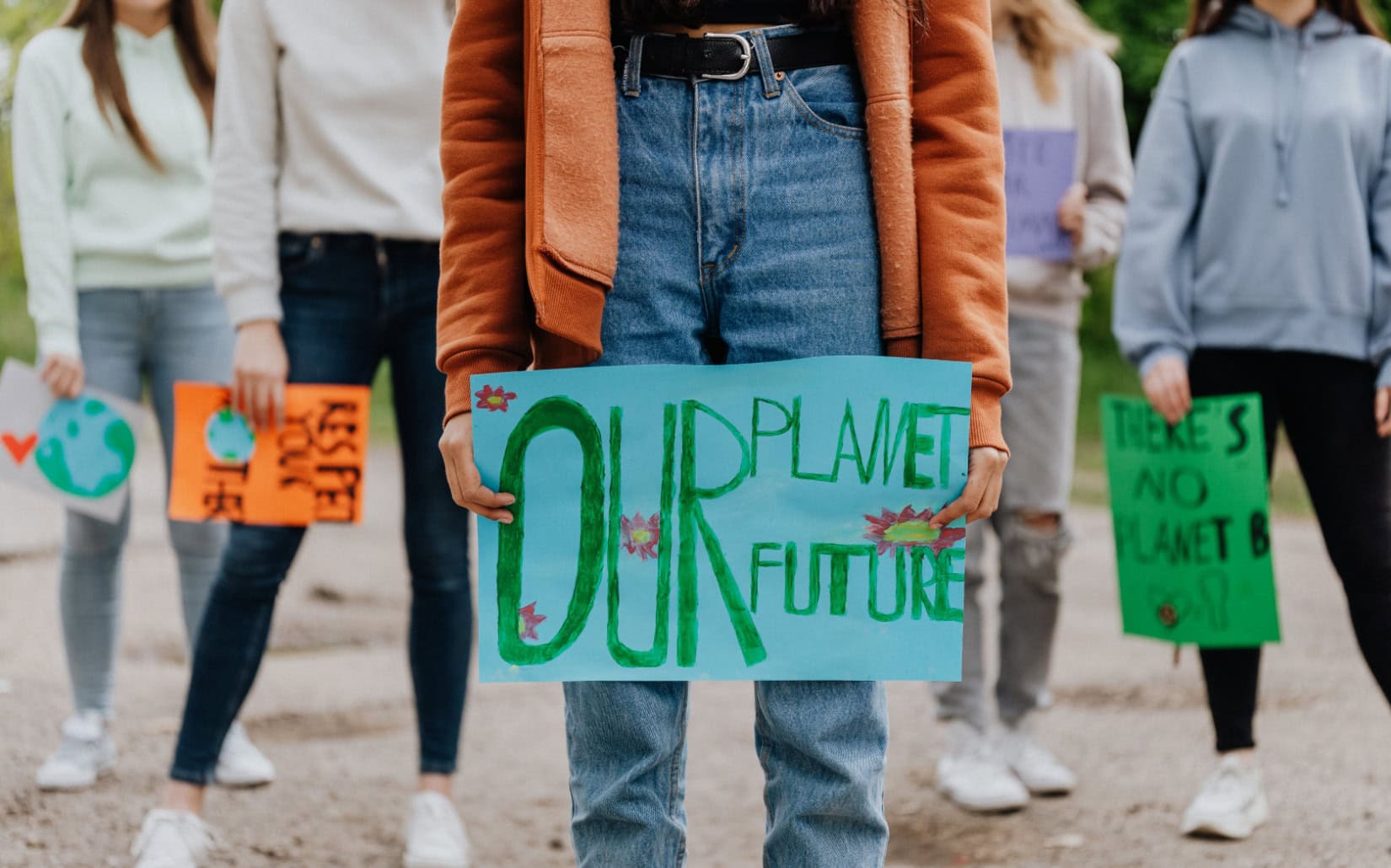Turning the Tide on Plastic: How to Write to Corporate Leaders Using NVC
At the time it was invented, plastic was celebrated as a groundbreaking material. It’s become an integral part of everyday life, but what was once a miracle of modern science has turned into an environmental nightmare. I know the plastic problem isn’t news to many people, but what some may find surprising (if not shocking) is that just a few parent companies are responsible for nearly a quarter of plastic pollution worldwide. Only 56 companies made up 50% of the plastic found, the other 50% was unbranded, meaning we don’t officially know who to point the finger at.
Accountability seems hard to come by in many cases. However, we do know the names of the “Big Five” in the world of plastic pollution. The winners, according to the Global Brand Audit by Break Free From Plastic (BFFP), are The Coca-Cola Company, PepsiCo, Nestlé, Unilever, and Mondelēz International.
Now, it’s not as if the world is sitting idly by as these companies pollute the Earth. Governments and environmental organizations are suing big corporations responsible for plastic pollution, but the battle must also take place outside of courtrooms.
It’s time for the general population to speak up and hold these corporations accountable in a personal capacity. And who better to raise your concerns to, than the CEOs, Suite executives, or board members of the companies causing the problem?
A Beginner’s Guide to Nonviolent Communication
Your voice as a consumer has more power than you think. You can contact CEOs and corporate leaders directly and advocate for changes in their practices, but there is a way to do it with compassion. Chances of success are diminished by aggression and confrontation (of a violent nature, at least). Enter NVC.
Nonviolent Communication (NVC) is a compassionate language, social change tool, and spiritual practice developed by Dr. Marshall B. Rosenberg. It helps people understand their triggers, take responsibility for their reactions, and deepen connections with themselves and others. The core principle of NVC is:
All human actions are attempts to meet needs, and understanding these needs can foster connection, cooperation, and, ultimately, peace.
NVC unlocks creativity and makes resolving conflicts easier by focusing on needs without criticism or demands. Learning NVC is like picking up a new language—it takes step-by-step learning and plenty of practice. It encourages vulnerability and caring, leading to internal shifts and healing.
NVC is all about expressing ourselves honestly and listening empathetically. It uses four main components: observations, feelings, needs, and requests. This approach helps separate these elements from judgments and demands, which fosters better understanding and connection.
As a Disruptor for Good, you must lean into effective conflict throughout your career. This formula is the gold standard for resolving conflicts constructively and respectfully.
Part One of NVC: The Four Components
Observations
Observations are neutral, specific descriptions of what we see or hear. They should be factual and free of judgments. For example, instead of saying, “Your company is irresponsible,” you might say, “I noticed that Coca-Cola products were found in significant quantities during plastic clean-up events.”
Feelings
Feelings express our emotional responses to met or unmet needs. Instead of interpreting actions, focus on inner experiences: “I feel concerned” rather than “I feel like your company doesn’t care about the environment.”
Needs
Needs are fundamental human values and desires. Identify and articulate needs without attaching them to specific strategies. For example, express a need for “environmental responsibility” instead of saying, “I want you to stop using plastic.”
Requests
Requests are specific, actionable steps we ask others to take to meet our needs. They should be clear and doable, like “Please increase your investment in sustainable packaging solutions?” rather than “I want you to eliminate all plastic use.”
Part Two of NVC
There is another part of NVC that revolves around empathetic connection: Empathy & Self-Empathy
Empathy
Empathy involves deeply listening to others, and trying to understand their feelings and needs. It’s about being present and offering your full attention without judgment or advice. When writing to the CEO of Coca-Cola, you might say, “I understand that the company faces challenges balancing sustainability with business demands. I am concerned about the environmental impact and hope to find a way to address this together.”
Self-Empathy
Self-Empathy is about connecting with your feelings and needs, giving yourself the same compassion you would offer others. Before writing the letter, take a moment to reflect on your own emotions and what you need. For instance, you might realize, “I feel passionate about reducing plastic waste because I need to protect the environment for future generations.” This self-awareness helps you communicate more effectively and empathetically.
By practicing both empathy and self-empathy, you can create a space for genuine connection and understanding, paving the way for more meaningful and effective communication.
Take Action: How to Write to CEOs Using NVC
You can use the above basic elements of NVC to help guide you when drafting your letter. If you don’t know where to start, I’ve added an example of what a letter to the CEO could look like below. You can use this structure to guide you when drafting your letter, simply make it your own.
Sample letter using NVC structure
In this example, we’re writing to the CEO of The Coca-Cola Company since they won last year’s award for biggest plastic polluter:
Dear Mr. Quincey,
[Observation]
I am writing to bring to your attention the significant amount of single-use plastic waste generated by your company’s packaging. Though enjoyed by many, I have observed that your products come in plastic bottles and cans that often end up in oceans, rivers, and landfills, harming our environment and wildlife.
[Feeling]
I feel concerned, worried, and frustrated about the impact of plastic pollution on our planet’s well-being. It pains me to see the devastating effects on marine life, the clogging of our waste management systems, and the contribution to climate change.
[Needs]
I need to see corporations like yours take responsibility for their role in perpetuating plastic pollution. I believe it’s essential to prioritize sustainability, reduce waste, and adopt eco-friendly practices that align with the well-being of our planet and its inhabitants.
[Request]
Therefore, I respectfully request that The Coca-Cola Company:
- Reduce plastic usage by at least 50% in the next two years.
- Invest in biodegradable or recyclable packaging alternatives.
- Implement effective recycling programs and partner with environmental organizations to promote sustainability.
- Publicly disclose your company’s plastic waste output and progress toward reducing it.
[BONUS: Add in a Positive Suggestion]
To support your journey towards environmental excellence, I suggest exploring resources from Chapter Zero and Competent Boards. Chapter Zero offers valuable guidance for non-executive board members to transition companies towards better environmental standards, addressing leadership challenges from all angles. Competent Boards provide ESG- and climate-focused training for executives and board members, equipping them to navigate the complexities of sustainability.
[Empathy]
I understand that change can be challenging, but I believe your company has the resources, expertise, and influence to make a significant positive impact. I appreciate your attention to this matter and look forward to seeing meaningful actions taken.
[Compassion]
Let’s work together to create a more sustainable future for all.
Sincerely, [Your Name]
Not a writer? AI Has You Covered
Not everyone finds it easy to put their thoughts down on paper, so if writing isn’t your strong suit, consider using AI to help you draft your letter. It’s not cheating or a substitution for your thoughts, but rather a tool you can use to put your thoughts into a cohesive letter that brings across your message clearly and concisely.
Take Action and Become a Disruptor for Good
Add your voice to the narrative by becoming a disruptor for good. It is as much your responsibility as that of our governments and environmental organizations to step in and demand action from those with the power to solve the plastic problem.
We need to engage with corporate leaders and urge them to prioritize sustainability and embrace eco-friendly practices. Together, through informed advocacy and persistent action, we can drive meaningful progress toward a cleaner, healthier planet for future generations.



